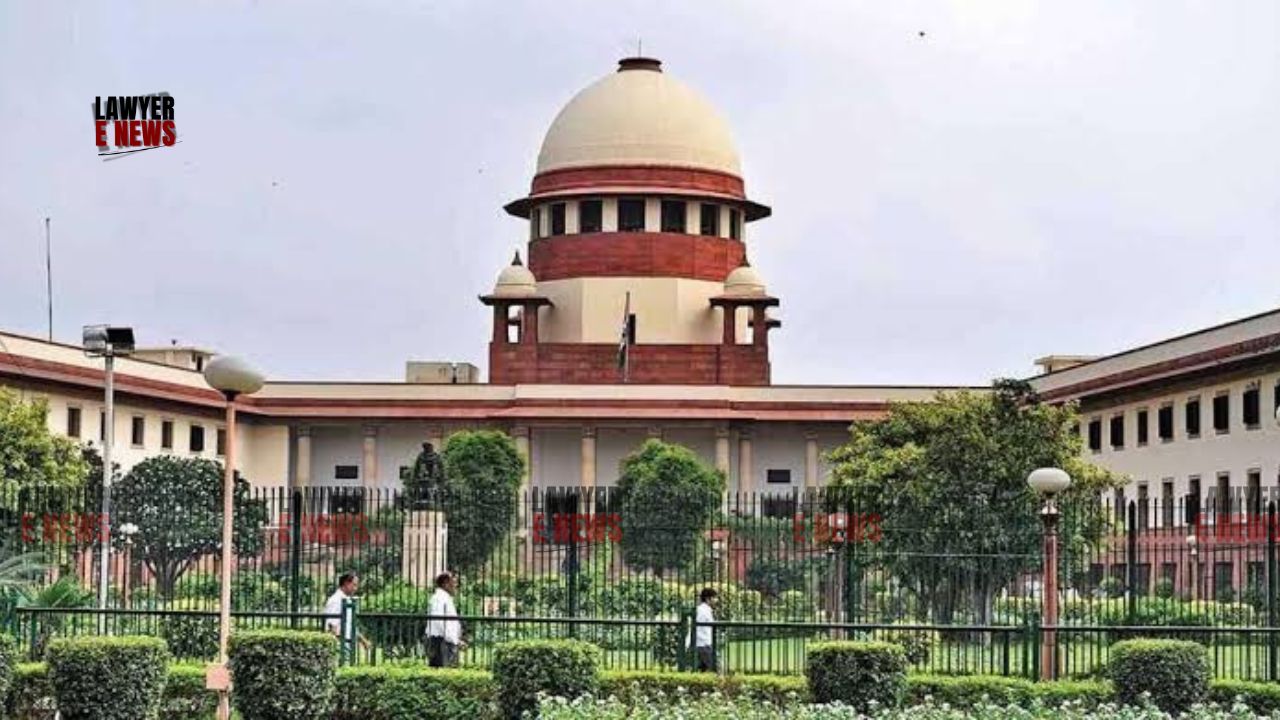-
by Admin
15 February 2026 5:35 AM



On September 18, 2024, the Supreme Court of India delivered a significant ruling in Ramesh Kumara v. State of Karnataka (Criminal Appeal No. 1467 of 2012), addressing the principles governing appellate interference in acquittal cases. The court set aside the High Court’s reversal of acquittal for two appellants charged with conspiracy and murder under Sections 302, 120B, and 148 read with Section 149 of the Indian Penal Code (IPC). The judgment restores the acquittal of the accused by the Trial Court, which had previously found insufficient evidence to convict them for the 2005 murder of Babureddy.
The case revolves around the murder of Babureddy, allegedly orchestrated by the appellants as part of a conspiracy. The prosecution argued that the deceased was attacked near a bus stand in Bangalore Rural District by the appellants, armed with deadly weapons. The appellants were initially acquitted by the Trial Court in 2006 due to inconsistencies in the eyewitness testimonies and lack of corroborative evidence. However, the Karnataka High Court reversed this acquittal in 2011, sentencing the accused to life imprisonment. The Supreme Court reviewed the High Court’s reasoning for overturning the acquittal and found it insufficient.
"Double Presumption of Innocence" – Supreme Court Emphasizes Caution in Acquittal Reversals
At the heart of the case was whether the High Court was justified in reversing the acquittal of the appellants. The Supreme Court reiterated the well-established principle that appellate courts should exercise caution when interfering with an acquittal, given the "double presumption of innocence" in favor of the accused. As laid down in Chandrappa v. State of Karnataka (2007) 4 SCC 415, an acquitted person enjoys a presumption of innocence, and this is further reinforced when the Trial Court has acquitted the individual. The court emphasized:
“If two reasonable conclusions are possible on the basis of the evidence on record, the appellate court should not disturb the finding of acquittal recorded by the trial court.”
The Supreme Court extensively reviewed the key testimonies of eyewitnesses (PW-1, PW-2, and PW-3), highlighting significant contradictions that the High Court failed to address properly. For example, the witnesses offered inconsistent versions of who accompanied the deceased to the hospital and when the Spot Mahazar (scene of the crime) was recorded by the police. The delayed recording of witness statements by the police—more than a month after the incident—further weakened the prosecution’s case. The court noted:
"The High Court, while reversing the acquittal, summarily dismissed the detailed reasoning of the Trial Court without addressing the contradictions in the eyewitness testimonies, which were pivotal in discrediting the prosecution’s narrative."
The court also found that the High Court did not provide adequate reasoning for dismissing the Trial Court's judgment, which had found that the prosecution’s case was marred by inconsistencies and lacked independent, credible witnesses.
The court invoked Rajendra Prasad v. State of Bihar (1977) 3 SCC 139, emphasizing that mere disagreement with the Trial Court’s conclusions does not warrant a reversal. The High Court must provide "firm and weighty grounds" to discard the Trial Court’s findings, particularly in cases of acquittal. In this case, the Supreme Court found that the High Court’s reasoning was superficial and insufficient to overturn the detailed judgment of the Trial Court.
The Supreme Court allowed the appeal, setting aside the High Court’s conviction and restoring the appellants’ acquittal. The bail bonds and sureties provided by the appellants were discharged. The court’s ruling underscores the importance of cautious appellate intervention in cases of acquittal and reaffirms the principle that contradictions in key evidence, especially witness testimony, must be carefully addressed before a conviction can be sustained.
Date of Decision: September 18, 2024
Ramesh Kumara v. State of Karnataka
